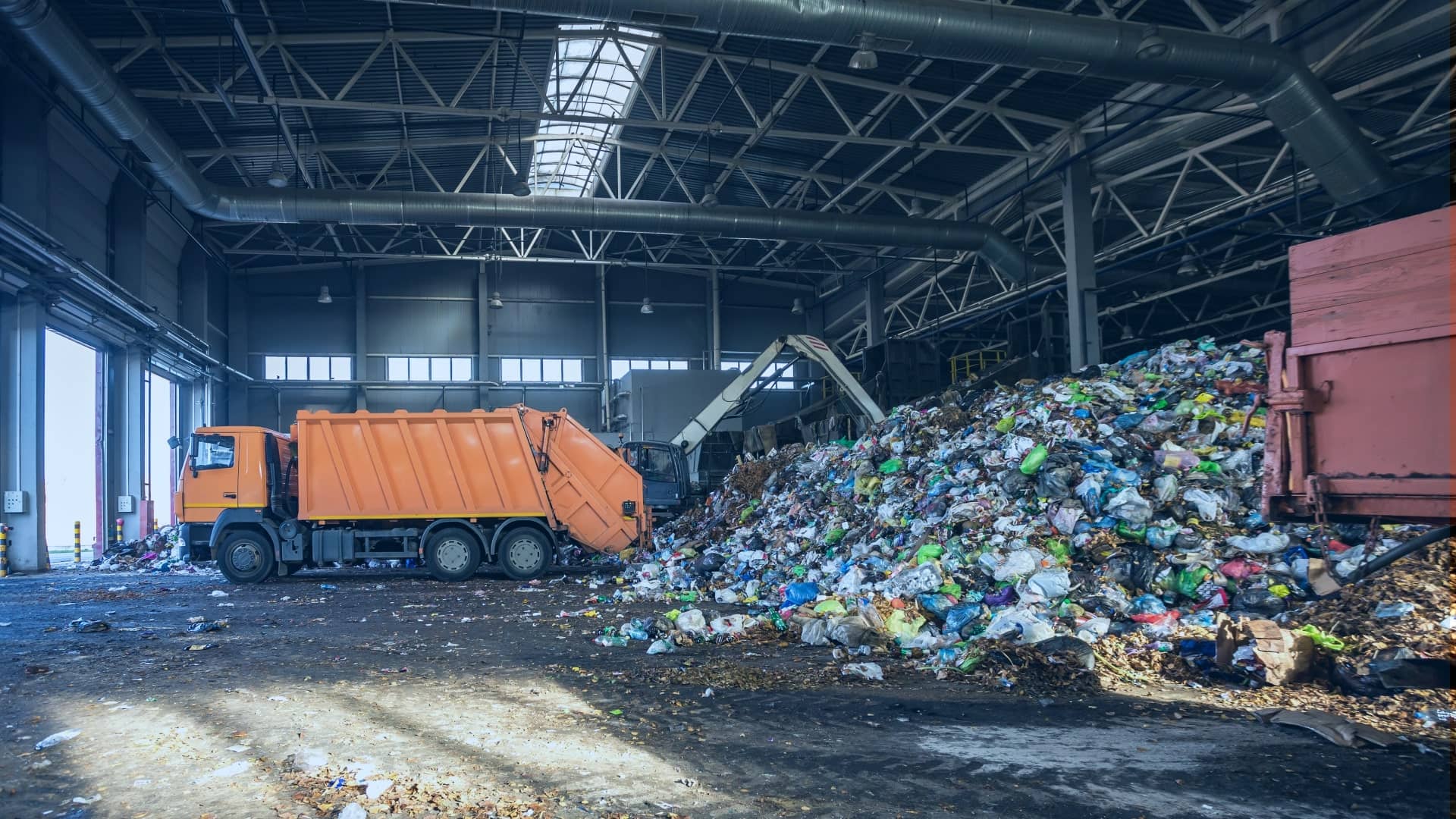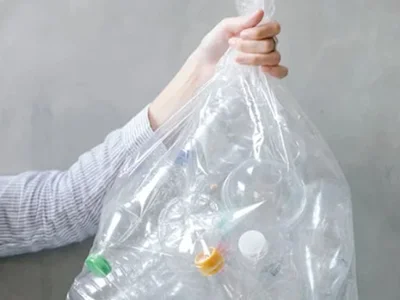Getting My Reclaim Waste To Work
Getting My Reclaim Waste To Work
Blog Article
Some Ideas on Reclaim Waste You Should Know
Table of ContentsFascination About Reclaim WasteSome Known Factual Statements About Reclaim Waste A Biased View of Reclaim WasteThe 2-Minute Rule for Reclaim WasteThe smart Trick of Reclaim Waste That Nobody is Talking About
Explore the types, events, and kinds of fluid waste. Domestic sewage waste refers to the waste and items from a household septic system. This kind of waste is developed by human beings in residences, colleges, and various other buildings. This only includes septic systems that have a drainpipe field. The correct management and disposal of residential sewer waste call for liquid waste to be moved to a sewage therapy plant where the correct approaches and devices are put on cleanse and deal with waste.
Business waste commonly consists of prospective risks, such as combustible products or a blend of liquid and solid waste products, and calls for a more innovative and thorough disposal process. The disposal of commercial waste normally involves the filtering of waste prior to transport to make certain safe and correct disposal. Industrial waste is created from byproducts and drainage of industrial procedures and production.
This type of waste can not make use of the exact same sewage management transport or processes as septic or business fluids. The hazardous waste management procedure calls for the examination and testing of fluid waste before it undertakes the disposal procedure (industrial wastewater treatment). Runoff waste is the liquid waste that comes from drainage and excess stormwater in highly inhabited locations or cities
Runoff waste can trigger contamination and flooding otherwise taken care of correctly. Find out more about sewage system cleaning and waste monitoring. Ensuring proper waste monitoring can prevent disasters and minimize ecological harm. Both individuals in household setups and professionals in business or manufacturing markets can profit from comprehending the processes and guidelines of liquid waste administration.
What Does Reclaim Waste Do?
Call PROS Solutions today to find out concerning our waste monitoring and disposal services and the proper methods to look after the fluid waste you generate.
(https://reclaimwaste1.edublogs.org/2024/11/12/efficient-liquid-waste-removal-and-disposal-your-complete-guide-to-sustainable-waste-management/)Do you understand what occurs to your water when you disengage, purge the commode or drain the washing machine? No? Well, it deserves recognizing. This so-called 'wastewater' is not only an essential source yet, after treatment, will certainly be launched to our land, rivers or the sea. Made use of water from commodes, showers, bathrooms, cooking area sinks, washings and industrial procedures is called wastewater.

water made use of to cool down equipment or tidy plant and devices). Stormwater, a type of wastewater, is drainage that streams from farming and city locations such as roof coverings, parks, yards, roads, paths and seamless gutters right into stormwater drains, after rain. Stormwater moves unattended straight to local creeks or rivers, ultimately reaching the sea.
The Facts About Reclaim Waste Revealed
In Queensland, most wastewater is treated at sewer therapy plants. Wastewater is delivered from residential or commercial sites through a system of sewers and pump terminals, known as sewerage reticulation, to a sewage treatment plant. City governments develop, keep and run most sewer therapy plants. Operators are accredited under the Environmental Defense Act 1994 to release cured wastewater at an appropriate ecological standard right into waterways.
The Division of Natural Resources suggests city governments regarding managing, operating and preserving sewage systems and treatment plants. In unsewered areas, regional federal governments might call for householders to install specific or house sewer therapy systems to treat domestic wastewater from commodes, kitchens, bathrooms and washings. The Division of Natural Resources authorises the use of household systems when they are proven to be reliable.
In some brand-new subdivisions, treatment of some stormwater to get rid of litter, sand and gravel has started utilizing gross pollutant catches. Wastewater treatment takes place in four phases: Gets rid of solid issue.
Wastewater then moves right into large storage tanks where solids clear up and are removed as sludge. Oil and scum are skimmed from the surface area. Uses little living organisms called micro-organisms to break down and eliminate remaining dissolved wastes and fine bits. Micro-organisms and wastes are included in the sludge. Removes nitrogen and phosphorus nutrients that can cause algal flowers in our rivers and endanger marine life.
Excitement About Reclaim Waste
Nutrient removal is not available at all sewer therapy plants because it calls for costly specialist tools. Clear liquid effluent generated after therapy might still have disease-causing micro-organisms - liquid waste removal melbourne.

The majority of wastewater streams into the sewage system. Under the Act, local federal governments provide approvals and permits for environmentally pertinent activities (ERAs) entailing wastewater releases that could have a regional influence.
Excitement About Reclaim Waste
Surveillance gives valid details concerning water quality and can confirm that licence problems are being fulfilled. The details gotten via monitoring provides the basis for making water quality decisions.
Report this page